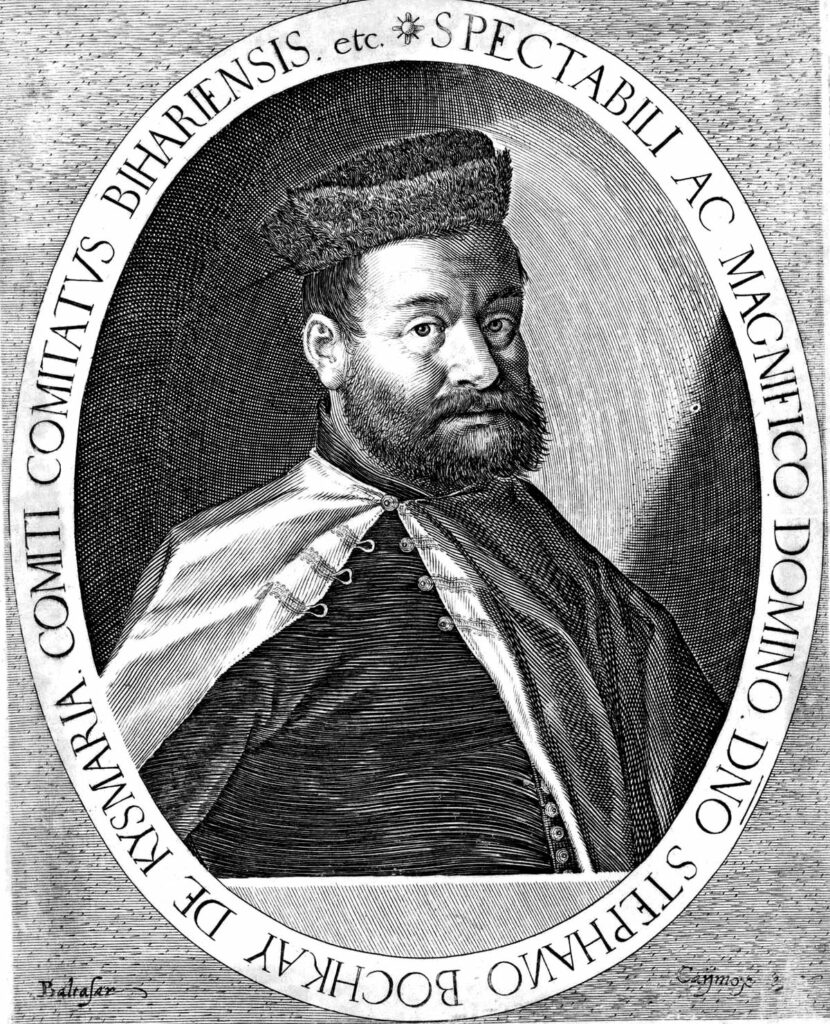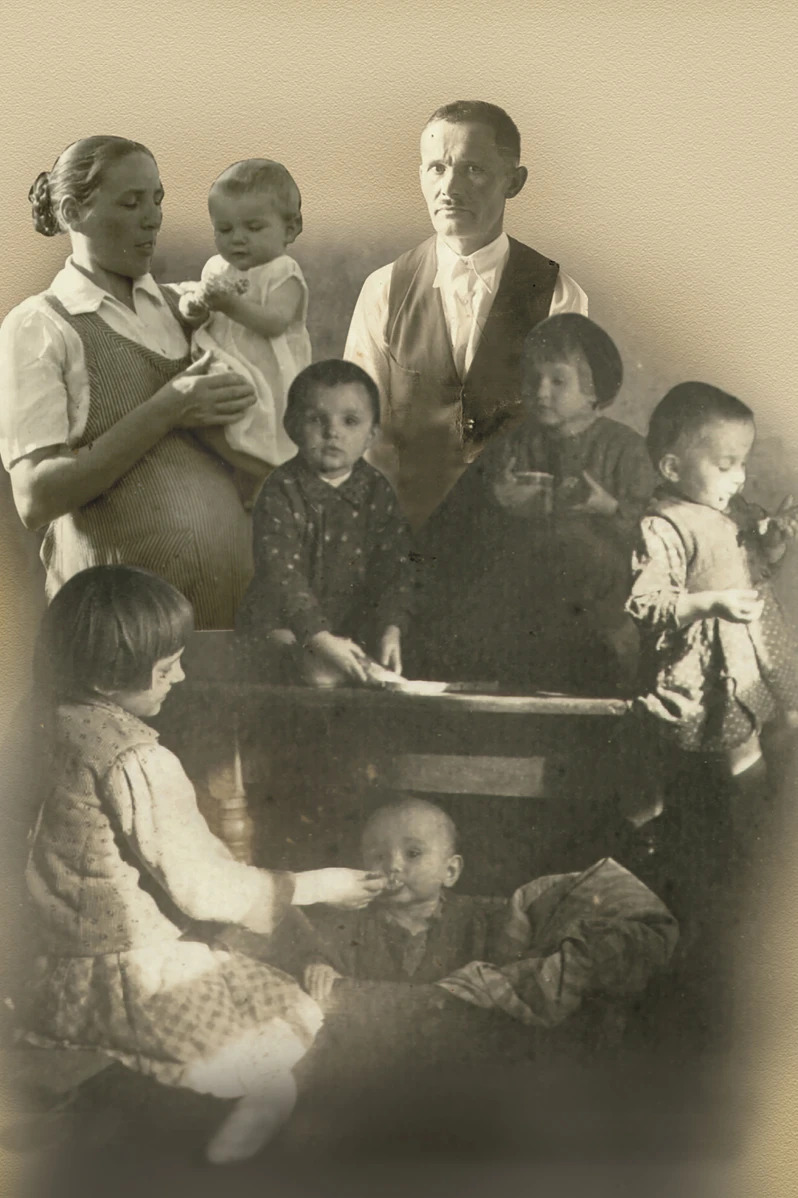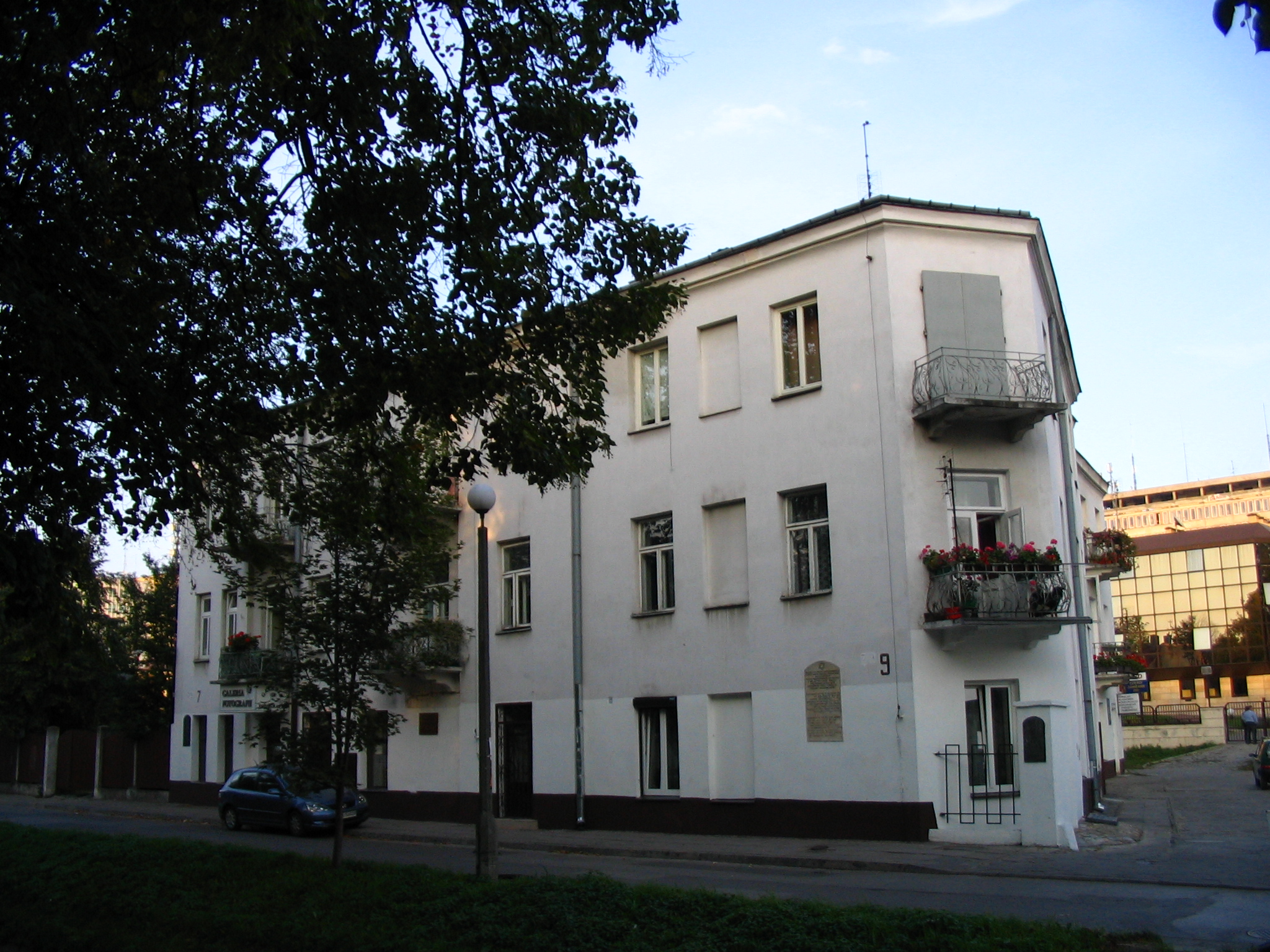István Bocskai’s war and crown – Vienna
Fact of the Hungarian figure „Home of the Jagellos and the Habsburgs”
Part of the „Legacy of the Jagiellonians and Habsburgs dynasties” topic
István Bocskai’s rebellion against Habsburg rule (1604–1606) stands as a powerful symbol of resistance in Central Europe, reflecting the complex and often tense relationship between Hungary and the Habsburg dynasty. Bocskai, a Transylvanian nobleman, opposed the oppressive policies imposed by the Habsburgs, particularly the forced re-Catholicization and curtailing of Hungarian nobility’s privileges. His war for independence gained widespread support from Hungarian nobles and Protestant groups, who were dissatisfied with the Habsburgs’ centralizing tactics. Through a series of strategic military victories, Bocskai managed to secure control over much of Upper Hungary, challenging Habsburg authority directly.
In 1605, Bocskai was crowned Prince of Hungary by his supporters, and his leadership demonstrated a significant assertion of Hungarian autonomy within the empire. Although Bocskai’s rule was short-lived, his rebellion culminated in the Peace of Vienna (1606), an agreement that recognized Hungary’s rights and religious freedoms, which the Habsburgs had previously undermined. This treaty forced the Habsburgs to accept the coexistence of Protestantism and Catholicism in Hungary, marking an essential milestone in religious tolerance within the empire. Bocskai’s crown, a symbol of his fight for Hungarian sovereignty, later became a powerful relic, representing Hungarian defiance and the demand for self-governance.
Bocskai’s war and its legacy underscore the ongoing struggle of Central European regions to preserve their identity and autonomy under the broader rule of dominant dynasties. His legacy reverberated beyond Hungary, inspiring similar resistance movements within the Habsburg Empire and solidifying a regional narrative of resilience against centralization and foreign influence. The impact of Bocskai’s victory is an enduring reminder of the balance between local and imperial power in the Habsburg-ruled territories.






